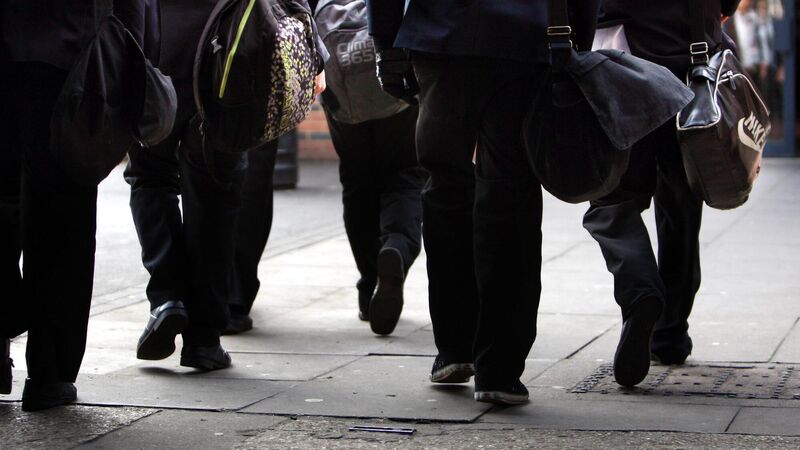'It's about expecting good outcomes' — therapist reflects on 25 years of Adolescent Addiction Service

'While the heroin crisis of the 1990s was confined to Dublin, we are now seeing feuds in many rural towns and issues of indebtedness and intimidation affecting individuals and families,' says Denis Murray.
Denis Murray has seen it all over the past 30 and more years. Sometimes things turn full circle.
A family therapist working with the Adolescent Addiction Service which covers much of south Dublin, Denis sees echoes of a past era in the Ireland of today.










